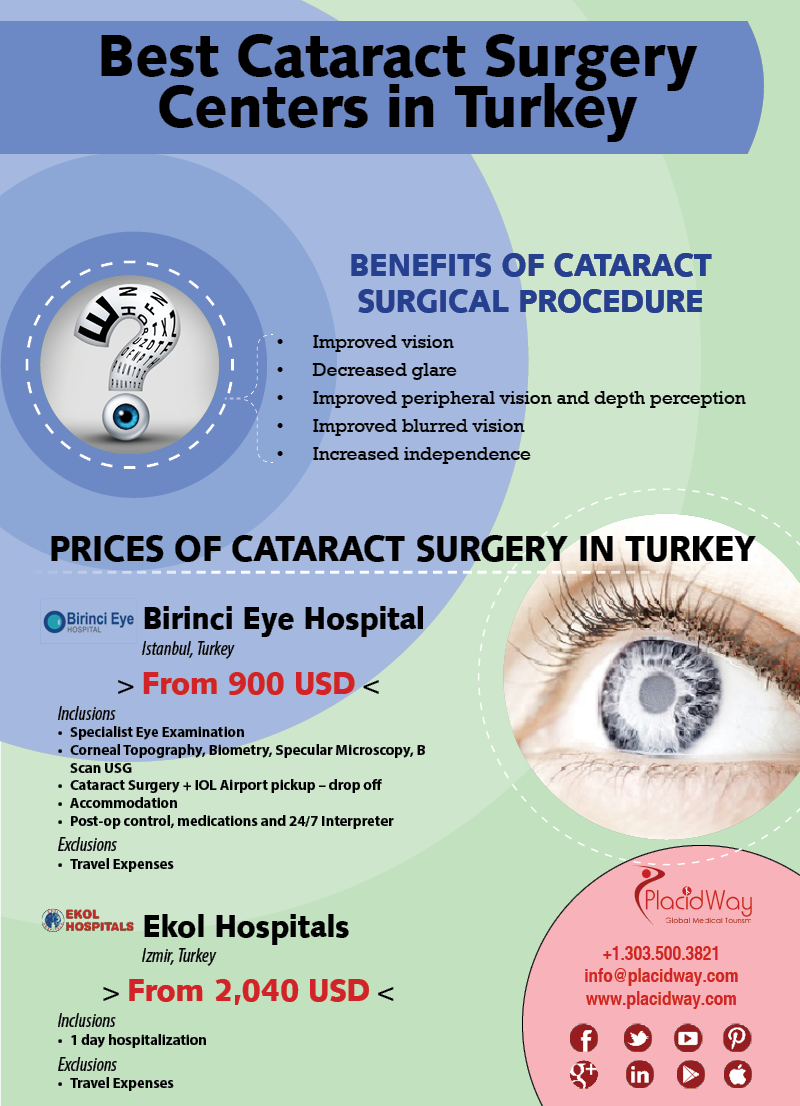Refractive Lens Exchange: A Comprehensive Guide To Getting Better Vision
Refractive Lens Exchange: A Comprehensive Guide To Getting Better Vision
Blog Article
Post Writer-Gertsen Kaspersen
If you more than 40 and struggling with vision concerns like hyperopia or myopia, Refractive Lens Exchange (RLE) could be worth considering. This procedure changes your all-natural lens with an artificial one, possibly lowering your dependence on glasses. While the benefits are appealing, it's important to understand the dangers and eligibility demands. What should https://labblog.uofmhealth.org/rounds/eye-doctors-reduce-opioid-prescriptions-without-compromising-pain-management understand before choosing that could transform your vision forever? Allow's discover this topic even more.
Comprehending Refractive Lens Exchange
Understanding Refractive Lens Exchange (RLE) can be vital for those considering vision modification alternatives.
RLE is a surgery that changes your eye's all-natural lens with a synthetic intraocular lens. It's mostly focused on correcting extreme refractive errors, such as hyperopia, nearsightedness, or presbyopia.
Throughout the treatment, your cosmetic surgeon will certainly eliminate your over cast or clear lens and change it with a lens tailored to your vision needs. This option is often considered for people over 40 who might not be suitable prospects for LASIK.
By selecting https://franciscokfatn.digitollblog.com/35383928/real-life-instances-of-successful-patients-prior-to-and-after-going-through-smile-surgery , you're not just boosting your vision; you're also potentially minimizing your reliance on glasses or call lenses.
Understanding exactly how RLE jobs will encourage you to make enlightened decisions concerning your vision health and wellness.
Conveniences and Risks of RLE
Choosing RLE not just offers an opportunity to improve your vision but additionally features its own set of advantages and dangers.
One substantial benefit is the capacity for clearer vision, reducing or eliminating your reliance on glasses or get in touch with lenses. You may additionally experience a wider range of vision, particularly if you choose multifocal lenses.
Nonetheless, there are risks included, such as infection, complications throughout surgical procedure, or frustration with the outcomes. Some clients experience aesthetic disruptions like halos or glow.
It's vital to consider these advantages and dangers very carefully. Consulting with your eye treatment professional can help you make an informed decision that aligns with your vision goals and lifestyle.
Qualification Criteria for Refractive Lens Exchange
Before considering Refractive Lens Exchange (RLE), it's essential to establish if you fulfill the qualification criteria. Generally, you're a good prospect if you're over 40 years old and have a stable prescription.
You need to additionally be experiencing refractive mistakes like myopia, hyperopia, or presbyopia. It is very important to have healthy eyes without any substantial illness, such as cataracts or glaucoma.
In addition, you ought to remain in good general health and not have any type of conditions that could influence recovery, like unrestrained diabetic issues. If you wear call lenses, you may need to quit using them for some time prior to your analysis.
Consulting with an eye treatment professional will certainly assist you recognize your particular scenario and whether RLE is right for you.
Verdict
In conclusion, refractive lens exchange can change your vision and reduce your dependence on glasses or contacts. While it supplies countless benefits, it's crucial to comprehend the threats and ensure you satisfy the eligibility criteria. Consulting with an eye care expert will certainly aid you make an enlightened decision customized to your needs. If you're taking into consideration RLE, make the effort to discover your alternatives and review any type of issues, paving the way for clearer, more vibrant sight.
